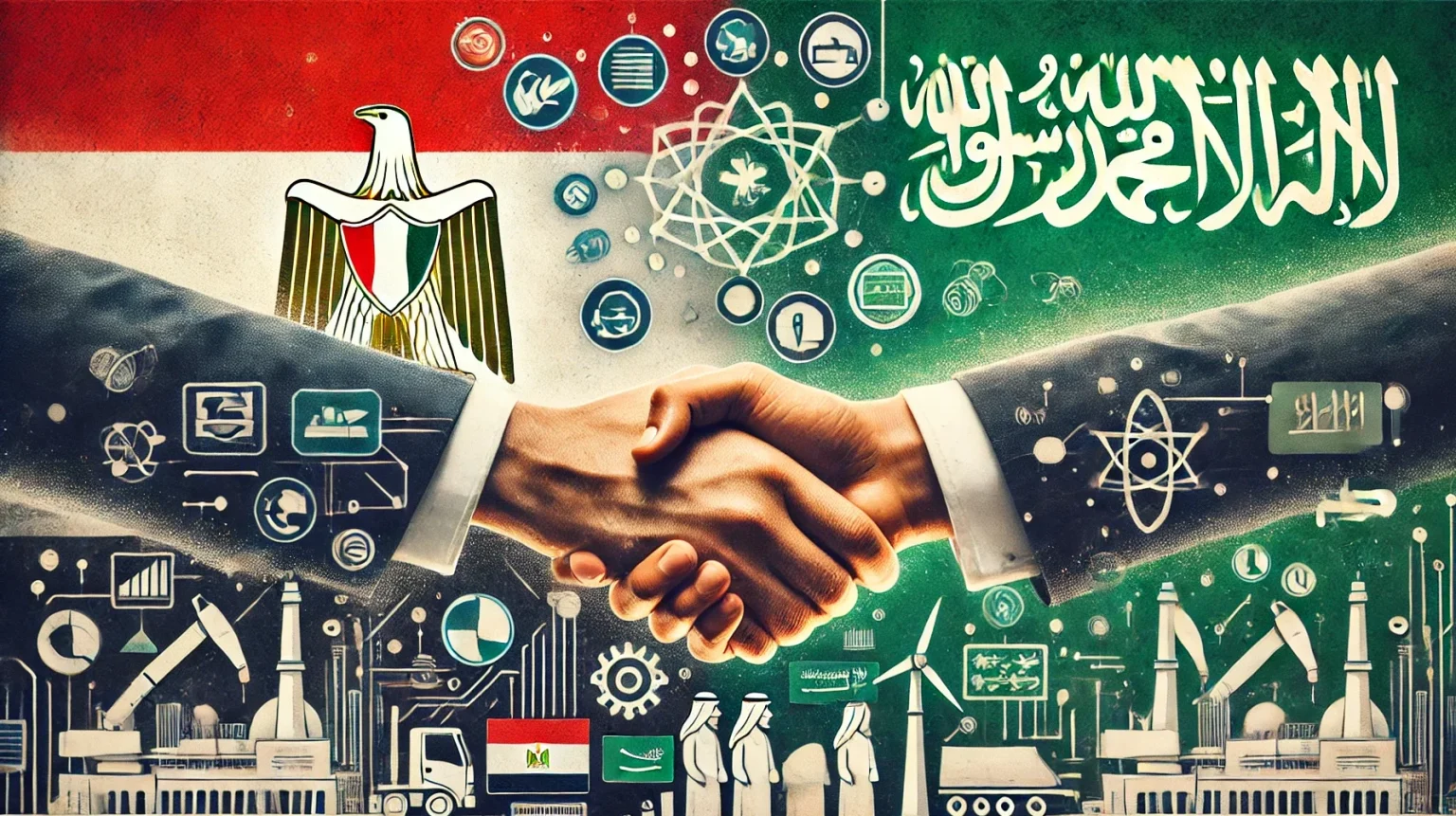Saudi Arabia has reaffirmed its commitment to deepening economic ties with Egypt, as Crown Prince Mohammed bin Salman announced a US$5 billion investment by the Public Investment Fund (PIF) during a meeting with Egyptian Prime Minister Mostafa Madbouly in Riyadh. This investment is part of a broader initiative aimed at fostering greater collaboration between the two nations, which share a long history of diplomatic and economic cooperation.
Strengthening economic and investment relations
The US$5 billion investment marks a significant milestone in Saudi-Egyptian relations, with both countries working to finalize an agreement on joint investment protection. Prime Minister Madbouly highlighted the critical role this agreement would play in increasing bilateral investments, noting that many Egyptian firms already operate in Saudi Arabia and vice versa.
Madbouly lauded the transformative progress Saudi Arabia has made under Vision 2030, crediting the Crown Prince’s leadership for the country’s unprecedented development. He also pointed out that this growth presents an opportunity for deeper economic integration between the two nations.
Leveraging African market opportunities
One of the key areas of discussion was the potential for collaboration in expanding into African markets. Egypt, with its strategic location and established presence in the African Continental Free Trade Area (AfCFTA), offers a gateway for Saudi products to penetrate new markets. The automotive sector, in particular, was identified as a promising area for cooperation, with Saudi Arabia’s recent advancements in the industry aligning with Egypt’s incentives for automotive manufacturing.
Prime Minister Madbouly stressed that through collaborative efforts, such as with the support of the Egyptian-Saudi Business Council, the two countries could establish a significant presence in the African market over the next three years, targeting key sectors of mutual interest.
Industrial cooperation and trade expansion
During the visit, Madbouly met with Saudi Minister of Industry and Mineral Resources Bandar bin Ibrahim Alkhorayef, who emphasized the importance of industrial integration and expanding the trade exchange base between the two countries. The minister pointed to Egypt as a key partner in Saudi Arabia’s industrial strategy launched in 2023, underscoring the potential for sustainable industrial partnerships.
Both sides discussed challenges faced by Saudi investors in Egypt, with Prime Minister Madbouly assuring that remaining issues would be resolved within the next few months. Significant efforts have already been made in 2024 to address these concerns, and further steps are being taken to ensure a smooth investment process.
Renewable energy and infrastructure projects
The Saudi Crown Prince also highlighted the importance of energy cooperation between the two countries, particularly in the area of renewable energy. He expressed a desire to support companies working in the field of renewable energy in Egypt and underscored the strategic importance of the power grid connection between the two nations.
Additionally, he praised the contributions of Egyptian workers in Saudi Arabia’s development under Vision 2030 and expressed a desire for further collaboration in infrastructure and industrial projects.
Regional collaboration and security
Beyond economic matters, the meeting touched on regional cooperation. Both leaders affirmed a shared vision in addressing key regional crises, including the conflict in Gaza, the situation in Yemen, and Red Sea security. The Crown Prince praised Egypt’s role in working toward a ceasefire in Gaza and reiterated the importance of continued collaboration in managing regional challenges.
A new era of strategic cooperation
The announcement of the US$5 billion investment signifies a new chapter in the economic relationship between Saudi Arabia and Egypt. With plans for the first meeting of the joint coordinating council set for October this year, both countries are laying the groundwork for a future of enhanced cooperation, not only in trade and investment but also in addressing regional and global challenges.
As the two nations move forward, this investment will likely serve as a springboard for further strategic initiatives, driving mutual growth and prosperity across the Middle East and Africa.



